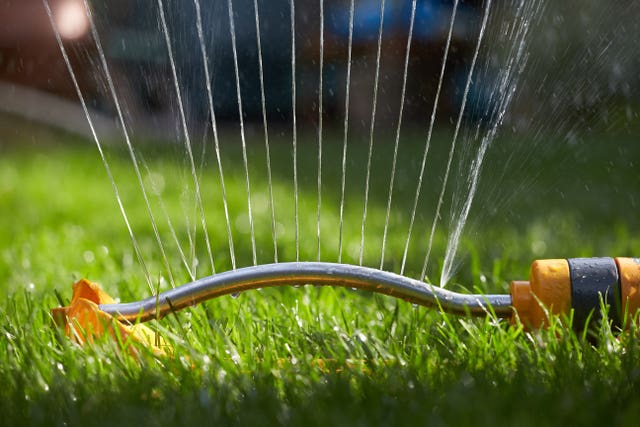B&Q owner Kingfisher stops selling wildlife-harming slug pesticide
The move to remove products with the chemical metaldehyde off the shelves and from online sales comes ahead of a Government ban in 2020.

B&Q owner Kingfisher will this week stop selling slug pellets with a pesticide that harms wildlife, ahead of a ban by the Government next year.
The company said it was the first major retailer to take products containing the chemical metaldehyde off the shelves in its 1,200 stores and from online sales.
In December the Government announced a ban on the outdoor use of metaldehyde, used to control slugs in a range of crops and in gardens, across Britain from spring 2020 because of the risks it poses to other wildlife.
Kingfisher said it was adding several environmentally-friendly chemical-free alternatives to its gardening range this month, including copper tape, wool mats and pellets which are rough on slug feet.
Other products in the “safe by nature” range include slug traps.
The new products have taken several years to develop with suppliers and partners and are designed to be as effective as chemical products in stopping slugs and snails eating gardeners’ prized plants, the retailer said.
Tim Clapp, head of horticulture at Kingfisher, said: “We know customers care a great deal about their gardens.

“That is why we have worked for several years to remove metaldehyde from our supply chain, making it simpler for customers to make sustainable choices and providing real alternatives.”
And he said: “We will continue to review the chemicals in our supply chain and use our scale to drive change for the good of society, customers and the planet – and inspire others to do the same.”
Dame Polly Courtice, director, University of Cambridge Institute for Sustainability Leadership, said: “Businesses have a big role to play in supporting consumers to make more sustainable choices in their everyday lives and decisions.
“Kingfisher is to be congratulated for making more sustainable choices the norm for gardeners, including through the innovation that has allowed the early replacement of metaldehyde with more environmentally-friendly alternatives.”
A study from the Royal Horticultural Society (RHS) last year suggested some of the popular traditional deterrents used by gardeners against slugs and snails – from copper tape to eggshells – do not protect plants.
In light of the results, the garden experts recommended green-fingered householders encourage natural predators such as birds, or use traps or physically remove slugs and snails.





